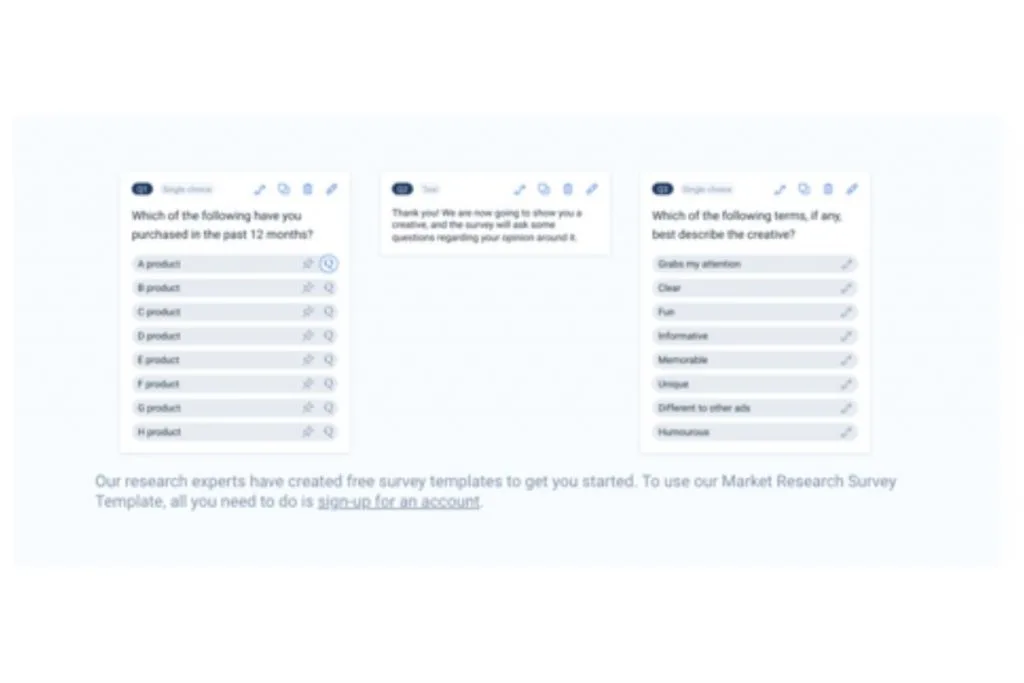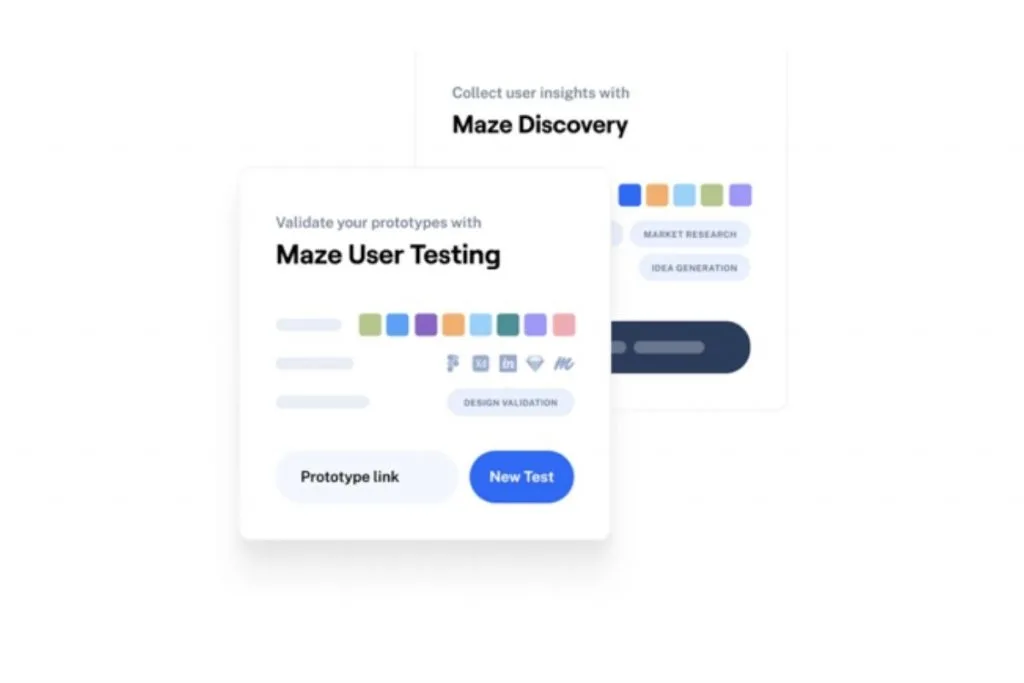When you’re starting your own business, the excitement of throwing yourself into it can often be overwhelming. Those who tend to not be so successful in the creation of a company will end up rushing the process and cutting corners in order to get to the good parts of the process. However, it’s always important to take things slowly, especially when setting up your business from scratch.
A business plan is an essential part of that process and so when it comes to drafting one up, you want to ensure you’ve included everything needed. That way, it becomes the driving force and direction you need in order to help make your business as successful as possible. Here are seven things to remember when creating a business plan.
1. Be cautious of its length.
A business plan can very easily become something that’s pages long and in reality, you want something that’s quick to read and refer back to as and when you need it. With that being said, it’s good to be cautious of its length.
Ideally, you want it to be as concise as possible, keeping it short and sweet. Try to give yourself a word limit so that you don’t start waffling on about things that are likely not needed within the plan itself. There are key elements that are required within this type of document but it doesn’t warrant writing hundreds of words when you could round it up in just a few sentences or paragraphs.
It is a challenge to keep things short when it comes to your business plan. You’ve likely got a lot of ideas and inspiration floating around in your head but when it comes to putting it on paper, you want to be clear and precise. That way, it’s going to help as your business grows and you introduce this plan to other members of staff.
If it’s too wordy or complex, then take a look at it after your first draft and make amendments where necessary. Focus on those key messages that you want to get across and that are valuable to have within the document.
2. Summarize key points at the beginning.
With any layout of a document where it’s detailing the ins and outs of your business, you want it to be structured so that the main points are covered from the beginning. Again, this is something that you’ll want to limit in its length but that shouldn’t sacrifice the key points needed in order to communicate those important parts of the business plan.
It is likely that this page will come after the cover page and it’s often the only page that gets read when referring back to it or when giving it to others. So when it comes to creating the document, make sure that you are being explicit in the key points you make at the beginning. If this is going to be the part that’s viewed the most, it needs to be the most informative of it all.
Firstly write up the points that you want to make and work on refining them so that they’re more concise but still get to the point of what you’re trying to say about the company and it’s core values at heart. It might take a few drafts in order to get it right.
3. Be detailed in your products/services and provide the data.
When writing about your company, you’re likely to know the ins and outs with all of the products or services that you offer. It’s likely that you’re extremely detailed with it but when it comes to your business plan, you just want to get to the point.
Try not to fill it with too many technical terms or jargon that not everyone is going to immediately understand. Keep it blunt and basic where you can so that those readers will be able to comprehend what it is your business provides. If you make it too difficult to understand, you run the risk of putting off any potential clients or opportunities that you’re presented with.
Make sure that your business plan when it comes to the products and services section, is clear and easy to understand. It might be good to use Attest’s market analysis template, in order to gather information about your brand’s audience, as this can also be useful to include in the plan.

One of the most influential sections of a business plan is the financial data. This is important because at the end of the day, your business plan will often be used as a way to sell your company. So being able to provide financial forecasts and any existing financial data that you do have on revenue, will be useful to include.
4. Present your company’s management and be a cheerleader for them.
All of the employees that you have within a business, should be contributing some unique and different to the table. So when it comes to your business plan, make sure that you present your company’s management and be a cheerleader when it comes to their descriptions and roles within the team.
The people involved in your business will likely achieve success or failure for your company. With that said, it’s definitely useful to take time on presenting your management team in the best way when outlining them within the business plan. Speak to your management team individually to get their own views on what they offer and their role within the business.
A business is only as good as it’s team members and so it’s essential that your business is celebrating every employee and giving them the platform they need to succeed within their own careers. It’s more likely to keep them within the company for longer and perhaps, even forever!
It’s worth getting your management team to take a look at the final bio so that they can make sure nothing has been missed out or could prove valuable by adding in.
5. Remember that your business plan is selling your company.
A business plan has to be exciting. It needs to be a reflection of who and what your company is, whilst also providing the reader with an enjoyable experience. The plan should be somewhat like a sales document but at the same time, you don’t want to be using too much salesy language that might put the individual off.
Think about how you can inject that passion and excitement that you have for your business, into the document itself. From your product or service, to the history of your business and those involved in the company, it should all be engaging to read.
It’s also good to point out that many readers will likely skim read through, so it’s important to find buzzwords that will capture their attention in the parts where you want them to focus the most on.
6. Spend time on it’s presentation in all formats.
Ultimately, your business plan needs to be presented in the best way possible and so a lot of thought needs to go into its appearance. You want to think about the layout, the font size and any imagery you add into it.
Think about the content that’s needed and put yourself in the shoes of the reader. What would be interesting to see in the document, especially if they were reading a number of business plans from different companies. You want yours to stand out in the best way possible.
Use charts, graphs and visual aids in the document because this certainly helps to keep any reader engaged. Try to keep the writing in short paragraphs so that it’s easily digestible. Make sure you’ve grammar checked it for any spelling mistakes or typos too.
You could always hand it to a professional colleague or connection that can critique and flag anything you may not have spotted yourself. Just like it’s necessary for testing prototypes, it can be important to get feedback from those who can provide it.

7. Always look to update and refresh your business plan.
The main thing to remember when it comes to your business plan is that it’s always going to be a document that needs updating. As your company grows and develops, so does the need to refresh and update your business plan every so often.
There might be certain achievements or goals that you’d like to mention and that might influence the reader’s decision in a positive way. The same goes for any additional data or perhaps change of management.
Your business plan is a live document and so it should be treated as a project that’s forever on-going. As long as your business continues to exist, the document should always be reviewed as and when it’s needed.
It could be beneficial by adding in review days in the company diary. This can give you the time needed where you go through the business plan and amend any outdated areas, as well as updating anything that may be missing.
A business plan is a necessity for your company and one that could allow you to build many business relationships and create opportunities for the company. With that being said, implement these tips when creating your own business plan and always remember to update it whenever it’s needed.

